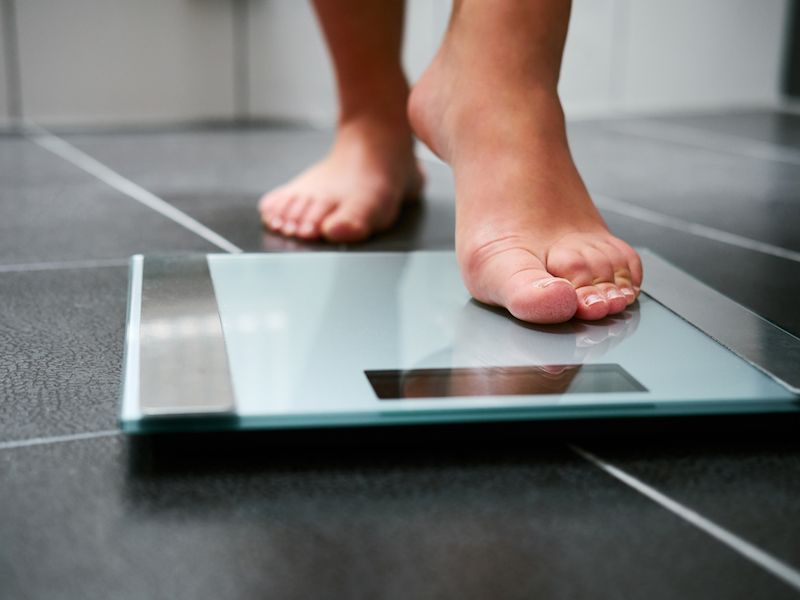It’s well known, that over time, eating way too much will be detrimental to your health. There are quite a few health conditions related to obesity. You can add hearing loss to diabetes, high cholesterol, and heart disease as a potential issue. It’s estimated that about 48 million people in the United States, loss of hearing is an issue for approximately 20% of the U.S population, and in adults it’s virtually twice that number, 93 million, are obese. These figures are staggering and point to a significant health concern throughout the country.
How Is Being Overweight Related to Hearing Loss?
Numerous studies have shown that there’s a relationship between obesity and loss of hearing. Although scientists are still studying the relationship, it’s believed that hearing loss and being overweight have a relationship because of its effect on our circulatory system. Additionally, hearing loss is linked to diabetes and high blood pressure which are known to be connected to obesity.
Sound in the ear is detected by tiny hairs in the inner ear. To be able to work effectively, these little hairs, called stereocilia, require a steady blood flow. Obesity restricts the blood flow throughout the body because the heart must work extra hard to get the blood to flow throughout the body, which means that there is less than ideal amount of blood flow supplied to your ear. This can irreversibly harm the ears. Heart disease, high blood pressure, and diabetes impact the inner ear in the same manner, because all of these diseases negatively impacts your blood flow.
It’s particularly necessary to keep control of your weight as you age since age-related hearing loss and a high index of fat mass are also connected. When you were younger, your body’s metabolism worked faster and more efficiently, which is why you need to try to stick with healthy habits that you started when you were younger.
A healthy diet and exercise are great for your overall health and your ears.
Treatments For Obesity-Related Loss of Hearing
If your hearing loss is brought about by obesity, you might never be capable of getting it back, still, it’s always good to get your ears tested to find out the degree of your hearing loss. If the injury is permanent, you might need a hearing aid or other device to begin hearing correctly again.
If the injury is only slight, you might need to see your physician about making a diet and exercise program to lessen the impact your weight has on your health before it gets any worse. Your doctor should prescribe a cardio intensive exercise routine that will get your blood pumping and improve your general health. You will probably find that other areas of your life also get better, such as mental health, since consistent exercise has been shown to lessen depression.
How Can You Prevent Obesity-Related Hearing Loss
A healthy diet and a day to day exercise strategy are crucial to controlling obesity-related health conditions such as high blood pressure, heart disease, and diabetes. Your hearing will most certainly be kept in superior condition if you keep your body healthy. A strategy that can help you achieve your goals and that is customized for you can be developed by a nutritionist. The nutritionist can make sure you’re eating nutritious foods with the best combination of nutrients, foods that are high in iron, for instance, since, you guessed it, a lack of iron in your diet can aggravate your loss of hearing and lead to tinnitus.
Find out more about hearing loss and how you can hear better with the right treatment.
